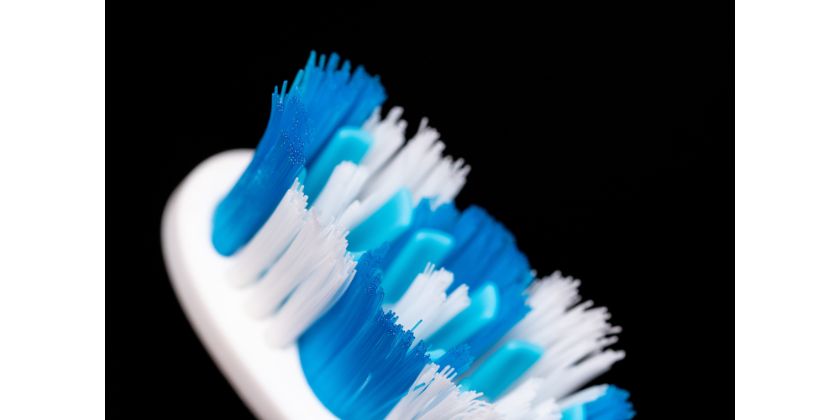Doesn’t it sound strange how choosing a toothbrush is no longer a simple decision between green, red and blue? You now have to take into account such things as the type of bristles a toothbrush has. You also have to take into account the materials used to make the toothbrush. To keep things simple, focus on what matters the most – bristles. Read on to learn more.
Bristle Types
You may not know this but toothbrush bristles have a come a long way from way back in the 19th century when they were made of boar’s hair to today when they are made of nylon. It is in fact safe to conclude that as far as toothbrush bristles are concerned, things got simpler. You now have to choose between three types of toothbrush bristles made of nylon – soft, medium and hard bristles. It is also important to note that some brands offer an extra type of bristles, which is the extra soft ones.
Hard Bristles
They are becoming less and less popular. You may have actually noticed that they are increasingly hard to find in common stores. This is despite the fact that they are ideal when it comes to removing food debris and plaque. But like any dentist will tell you, the bristles end up doing more harm and good when used for long. The hard bristles can easily hurt your mouth pallet as well as gums and cause them to quickly erode. This happens especially where one uses too much pressure when brushing teeth. Hard bristles can also damage your teeth enamel when paired with a strong yet abrasive type of toothpaste.
Medium Bristles
The bristles here are not too soft. They are not too hard either. Think of the bristles as something in between soft and hard. However, they are stiff enough to get rid of debris and soft enough to ensure they do not damage your teeth enamel.
Soft Bristles
They are often recommended for the simple reason that they work for just about anyone. They are gentle on gums, they cannot hurt the enamel and most importantly they will get the job done. The trick here is to be consistent with how often you use your soft bristled toothbrush. Use it daily, preferably after each meal and you’re good to go.
Extra Soft Bristles
They are ideal for people with delicate gums or enamel. Your dentist will most likely recommend that you use the extra soft bristle toothbrush after oral surgery or after routine dental work. This will be of course, for two to three weeks before you can go back to the usual medium bristles.
Point to Note
There’s much more into your dental health than just brushing your teeth after each meal. Like you may have already noted, the type of toothbrush you use also matters. Be sure to change your toothbrush after every two to three months. Then by all means, contact your dentist if you experience prolonged discomfort on your teeth, gums or even your mouth palate.

